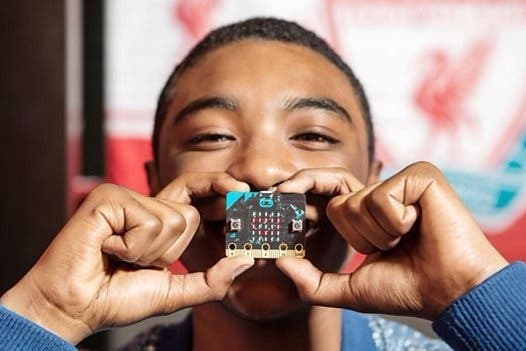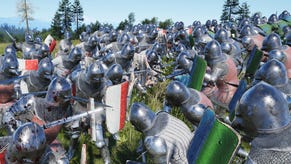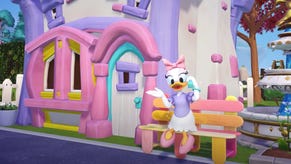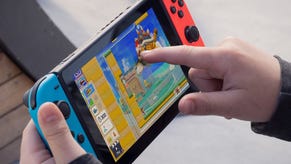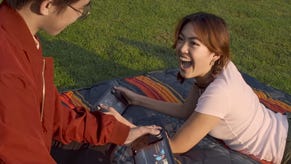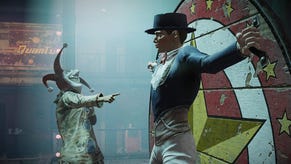BBC hands out tiny Micro Bit computer to thousands of children in the UK today
Next generation.
Today, the BBC finally hands out the Micro Bit, a small computer designed to encourage programming, to thousands of UK schoolchildren.
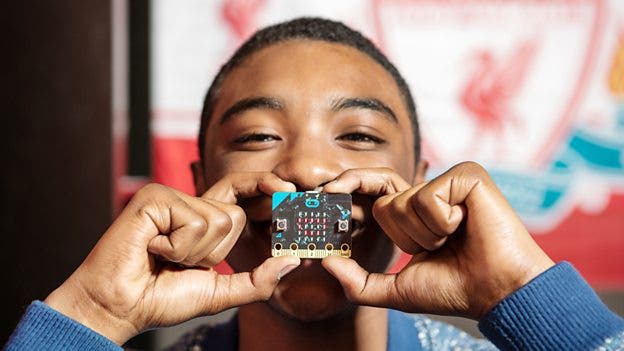
The eye-catching initiative was announced in July last year, but only now are the tiny computers being sent out - later in the school year than originally planned.
The BBC worked with Microsoft, Samsung, ARM and other companies to create the device, which is designed for Year Sevens (11-12-year-olds).
The name is a nod to the 1980s BBC Micro computer, and the device is a part of the BBC's 2015 Make it Digital initiative, which is designed to help inspire kids to get into science, technology and engineering.
From today up to one million BBC Micro Bits are being delivered free to every year seven student in England and Wales, year eight student in Northern Ireland and S1 student in Scotland. They are the students' devices to own. This allows students to keep their device as they move up through the school.
The Micro Bit is 4cm by 5cm and comes in a range of colours. It has red LEDs that light up and two programmable buttons, so it works as a basic game controller. It also works with other devices via Bluetooth, such as the equally little Raspberry Pi.
It's meant to be programmed via a website designed by Microsoft, rather than connected to a keyboard and screen. It can be made to flash its LEDs in sequence and take readings from built-in sensors. But when it's added to other hardware it can do much more.
One school launched their copy more than 20 miles into the air. Pupils at Rishworth School in West Yorkshire wrote a program that used a heat sensor to log changes in temperature and show the current reading on the computer's LEDs. They then attached the kit to a helium balloon and let it fly upwards.
Students from London's Highgate School used the Micro Bit to help people with autism recognise other people's emotional states. They coded the computer so a user could scroll through a series of graphics, shown via the LEDs, of faces presenting different moods. When they found a match they could press another button to make the LEDs state what the image represented - for example "happy", "sad" or "angry".
Are you a parent with a child set to receive a BBC Micro Bit? The BBC has set up a website for teachers and parents with guides for getting started and safety tips.
